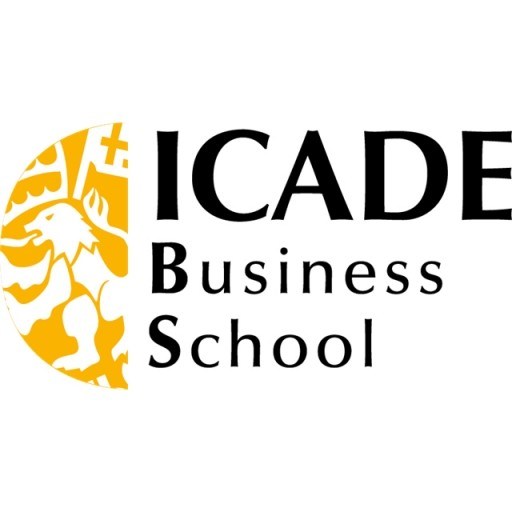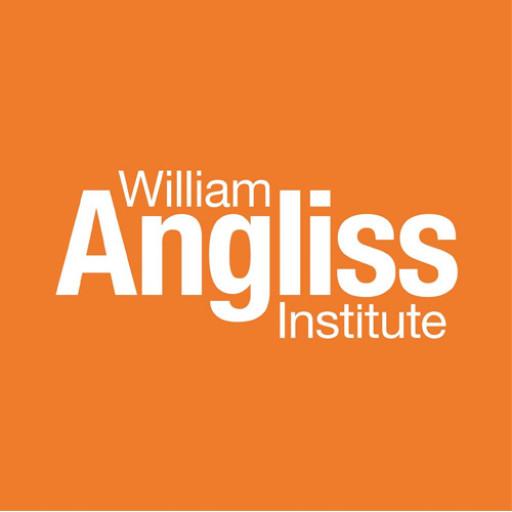Photos of university / #uabbarcelona
The EMFOL — Erasmus Mundus in Food Products of Animal Origin is a prestigious and comprehensive master's program offered collaboratively by a consortium of renowned European universities, with the Autonomous University of Barcelona serving as one of the leading institutions. This program is designed to equip students with advanced knowledge and practical skills in the production, processing, safety, quality, and regulation of food products derived from animals, including meat, dairy, and other animal-based commodities. The curriculum encompasses a multidisciplinary approach, integrating principles from food science, microbiology, veterinary medicine, supply chain management, and food safety management systems.
Throughout the program, students gain a thorough understanding of the biological, technological, and regulatory aspects of food products of animal origin, preparing them for careers in food industry companies, regulatory agencies, research institutions, and consultancy services. The program emphasizes international exposure and intercultural learning, with students participating in mobility periods across multiple European universities, gaining diverse perspectives and hands-on experience within different working environments and regulatory frameworks. Furthermore, the program features practical training components, such as laboratory work, industry internships, and case studies, ensuring that graduates are well-prepared for real-world challenges.
The curriculum is designed to foster critical thinking, problem-solving, and innovation in the field of animal-origin food products, aligning with current EU directives and global standards to ensure food safety and sustainability. Graduates earn a double or joint degree recognized across Europe, opening up extensive employment opportunities, including roles in quality assurance, research and development, policy advising, and management within the food industry. With a focus on sustainable practices and technological innovation, the EMFOL program aims to contribute to the development of high-quality, safe, and sustainable food systems globally. Students benefiting from expert faculty, extensive network collaborations, and state-of-the-art facilities, will be prepared to become future leaders in the area of food products of animal origin, fostering innovation and excellence in the sector.
The EMFOL — Erasmus Mundus in Food Products of Animal Origin program is a prestigious international master's degree designed to provide students with comprehensive knowledge and practical skills related to the production, processing, and quality assurance of animal-derived food products. This multidisciplinary program is offered collaboratively by a consortium of leading European universities, including the Autonomous University of Barcelona, and aims to foster expertise in the sustainable and innovative management of food from animals such as dairy, meat, and seafood. Throughout the program, students will engage in rigorous coursework covering the biological, technological, and chemical aspects of animal food products, ensuring a solid scientific foundation. Emphasis is placed on understanding the entire supply chain, from animal husbandry and harvesting to processing, safety, and distribution, adhering to rigorous European standards and international regulations.
The curriculum integrates theoretical instruction with hands-on practical training through laboratory work, pilot plant activities, and industry internships, providing students with real-world experience. Special focus areas include food safety and microbiology, quality control, food legislation, and sustainable food production practices. Students will also explore emerging technologies in food processing, preservation, and packaging, preparing them to meet current and future challenges faced by the food industry. The program promotes interdisciplinary learning and critical thinking, encouraging students to develop innovative solutions for food quality and safety issues.
A hallmark of the EMFOL program is its international and multicultural environment, which enriches the educational experience through diverse perspectives and collaborative projects. Students have the opportunity to study across different European universities, participate in joint research initiatives, and benefit from a broad network of academic and industry contacts. Upon completion of the program, graduates receive a double degree recognized by participating institutions, positioning them for careers in food quality assurance, research, regulatory agencies, and the food industry worldwide. The program aims to produce highly skilled professionals capable of advancing the field of animal origin food products, ensuring their safety, quality, and sustainability in a rapidly evolving global market.
Acceptance into the EMFOL – Erasmus Mundus in Food Products of Animal Origin program typically requires applicants to hold a recognized undergraduate degree in food science, agriculture, veterinary medicine, biology, or a related field. Applicants must demonstrate a strong academic record, with prior coursework or experience relevant to animal products, food safety, or production processes. Proficiency in English is mandatory, usually proven through standardized tests such as IELTS or TOEFL, with minimum score requirements set by the program. Additionally, applicants are expected to submit detailed curriculum vitae highlighting their academic and professional background, along with a motivation letter explaining their interest in the program and future career goals related to food products of animal origin. References or recommendation letters from academic or professional contacts are often required to attest to the applicant’s suitability for the program.
Furthermore, some programs may prefer applicants with practical experience in the sector, such as internships, research projects, or work experience relevant to animal-derived food products. The application process generally involves completing an online application form through the official university or program portal, attaching all required documentation, and paying an application fee. Candidates might also need to participate in interviews or provide additional information as requested by the admissions committee. Selection criteria prioritize academic excellence, motivation, relevant experience, and potential contribution to the program’s goals. Successful applicants are usually selected through a competitive process, with scholarships available to outstanding candidates to support their studies. Overall, the program emphasizes interdisciplinary knowledge, research skills, and practical competencies essential for innovative developments in the food products of animal origin sector.
The Erasmus Mundus in Food Products of Animal Origin (EMFOL) program offers a comprehensive financing structure designed to support both international and European students through various funding opportunities. Students admitted to the program can benefit from a combination of scholarships provided by the European Union and co-financing options that help alleviate the financial burden associated with postgraduate studies. The scholarships typically cover tuition fees, living expenses, and travel costs, thereby enabling talented students to pursue advanced education at the Autonomous University of Barcelona without significant financial constraints.
The funding scheme for EMFOL is aligned with the Erasmus Mundus framework, which emphasizes promoting academic excellence, intercultural exchange, and capacity building. Scholarships are awarded based on academic merit, motivation, and the potential contribution of the student to the program’s objectives. Selected students receive a grant that includes a monthly allowance during the duration of the master's program, which varies depending on the student's country of origin—European or non-European. Non-European students often receive higher grants to offset additional expenses related to international mobility.
Tuition fees are partially covered by the scholarships, but students are usually responsible for paying a participation fee, which is reduced for Erasmus Mundus scholarship holders. Other costs, such as insurance, visa fees, and accommodation, are typically borne by the students or through additional external funding sources they may access. The program also encourages students to explore national and regional grants or bursaries available in their home countries, as well as external scholarship opportunities from governmental agencies or charitable foundations that support international study.
Moreover, the Autonomous University of Barcelona offers some institutional financial aid options and assistance in navigating scholarship applications. The university’s dedicated office provides guidance on how to maximize eligibility for different funding programs, including ERASMUS+ grants, national government scholarships, and other international funding schemes. Students are advised to start their application process early and ensure all documentation is in order to increase their chances of securing financial aid.
In summary, the EMFOL program is committed to making high-quality education accessible through a robust financing system that combines Erasmus Mundus scholarships, institutional support, and external funding opportunities. These measures collectively aim to promote diversity, academic excellence, and international collaboration in the field of food products of animal origin.
EMFOL — Erasmus Mundus in Food Products of Animal Origin is a comprehensive postgraduate program offered by the Autonomous University of Barcelona. This master's degree is designed to equip students with advanced knowledge and practical skills related to food products derived from animals, emphasizing quality, safety, and sustainability. The program focuses on various aspects of animal food products, including production processes, microbiology, chemistry, food safety standards, regulations, and innovative technologies in food processing. It aims to prepare graduates for careers in food industries, research institutions, and regulatory agencies, providing them with a global perspective on food production and safety standards.
The curriculum typically combines theoretical coursework with practical laboratory sessions, internships, and collaborative research projects. Students can expect to study subjects such as animal nutrition, food microbiology, food chemistry, sensory analysis, and quality management systems, along with modules on European and international food regulations. Given the Erasmus Mundus framework, the program encourages mobility, with students often studying part of their degree at partner institutions across different European countries, fostering cross-cultural exchange and offering exposure to diverse industry practices.
Admission requirements generally include a relevant undergraduate degree in food science, veterinary medicine, biology, or a related field, along with proficiency in English. The program aims to develop multidisciplinary competencies, enabling graduates to innovate in the field of animal-origin food products, improve safety protocols, and contribute to sustainable food systems. Graduates leaving the program are well-prepared for leadership roles in food companies, policy development, and academic research.
The Autonomous University of Barcelona, known for its high-quality education and research in food sciences, provides a solid academic environment, faculty expertise, and state-of-the-art laboratories to support student learning and research activities. The university's involvement in international programs like Erasmus Mundus enhances the global perspective of its students and promotes international collaboration in food science and technology. Overall, EMFOL offers a rigorous, research-oriented, and globally integrated education aimed at addressing current and future challenges in the field of animal-derived food products.









